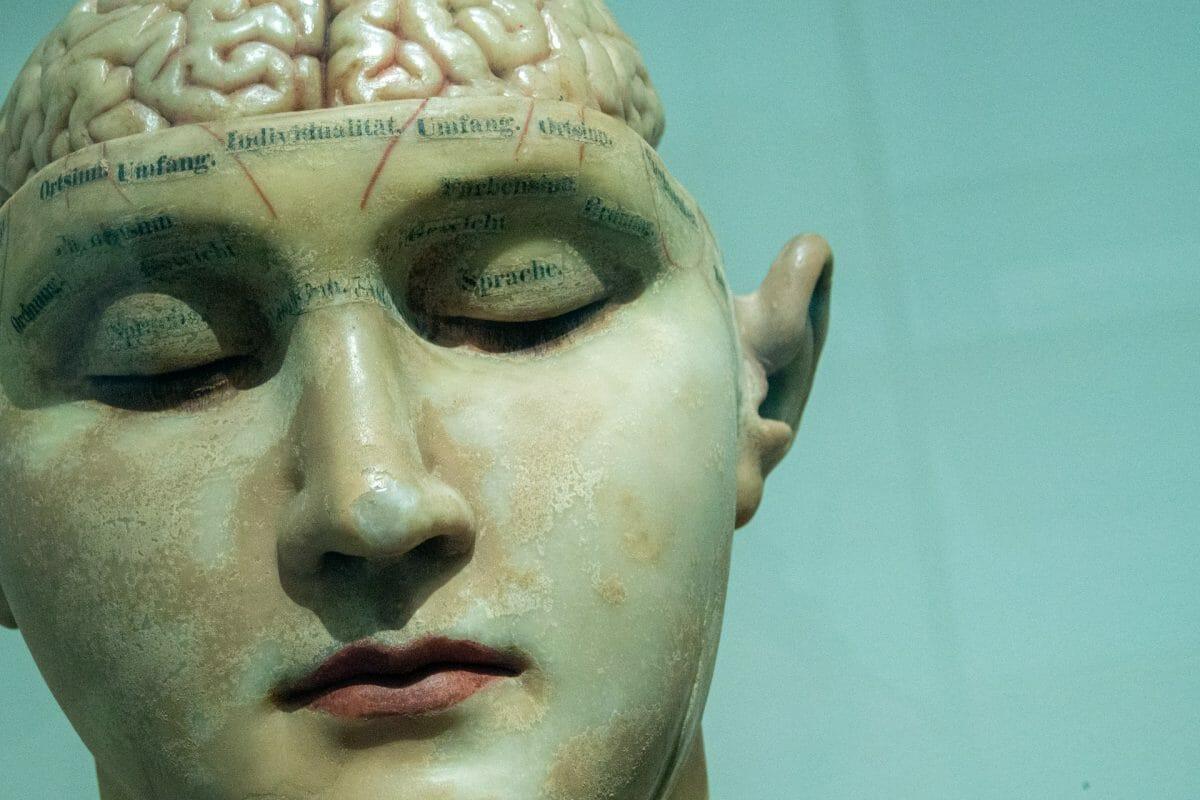Transcranial Magnetic Stimulation (TMS) therapy is a non-invasive treatment option that uses magnetic fields to stimulate nerve cells in the brain to improve symptoms of various mental health conditions. With the growing interest in this therapy, it is crucial to understand its success rate and effectiveness. The success rate of TMS therapy is vital because it can give patients and providers insight into the potential benefits of this treatment approach. In this blog, we will discuss the success rate of TMS therapy, the factors that affect success rates, and how TMS therapy compares to other treatments. By the end of this blog, you will better understand the effectiveness of TMS therapy and whether it may be a suitable option for your mental health needs.
What is TMS Therapy?
TMS therapy is a non-invasive treatment that uses magnetic fields to improve symptoms of mental health conditions like depression, anxiety, OCD, and PTSD. The treatment involves placing a magnetic coil on the scalp to stimulate nerve cells in the brain. TMS therapy is a safe and effective option for patients who have not found relief with other treatments, and it has fewer side effects than other treatments. Sessions last 20-40 minutes and are given five days a week for four to six weeks.
Measuring Success Rates in TMS Therapy
Success rates in TMS therapy refer to the percentage of patients who experience a significant improvement in their symptoms after completing the treatment. The criteria for measuring success rates in TMS therapy vary but typically include a reduction in symptom severity, improved functioning, and increased quality of life. Factors that can affect success rates include the severity and duration of the condition, the patient’s age and overall health, and the specific protocol used for TMS therapy. While TMS therapy has a high success rate, it is essential to note that not all patients will respond to the treatment and that individual results may vary.
Research Studies on Success Rates of TMS Therapy
Several research studies have examined the success rates of TMS therapy for various mental health conditions. Most of these studies have found that TMS therapy is an effective treatment with high success rates. For example, a meta-analysis of 29 studies on TMS therapy for depression found that the treatment had a success rate of around 60%, with many patients experiencing a significant reduction in their symptoms. However, some studies have been criticized for their small sample sizes or lack of a control group. Despite these limitations, the overall body of research on TMS therapy suggests that it is a safe and effective treatment with a high success rate.
Comparison of TMS Therapy with Other Treatments
TMS therapy has been compared to other treatments for mental health conditions, such as medication and psychotherapy. While medication and psychotherapy are effective treatments, they can have limitations, such as side effects or slow onset of therapeutic effects. In contrast, TMS therapy has been shown to have a rapid onset of therapeutic effects with few side effects. Additionally, TMS therapy may have a higher success rate than medication or psychotherapy alone, particularly in treatment-resistant cases. However, TMS therapy is not a substitute for medication or psychotherapy and may be used in conjunction with these treatments for some patients.
Factors Affecting Success Rates in TMS Therapy
The success rates of TMS therapy can be influenced by various factors that are beyond the control of patients and providers. Patient factors that can affect the success rates of TMS therapy include:
- Patient factors that affect success rates:
- Severity and duration of the condition
- Age and gender
- Overall health and lifestyle habits
- Provider factors that affect success rates:
- Experience and skill of the provider
- Quality of the TMS equipment used
- Adequate patient evaluation and assessment
- Treatment factors that affect success rates:
- Adequate dosage and frequency of TMS sessions
- Proper targeting of the brain region
- Use of additional therapies along with TMS
Conclusion
TMS therapy has shown promising success rates in treating mental health conditions. Choosing a qualified provider who can tailor the treatment to meet individual needs is essential, and success may vary depending on the patient, provider, and treatment factors. Despite potential criticisms of research studies, TMS therapy is a viable option for those seeking relief from mental health conditions.



